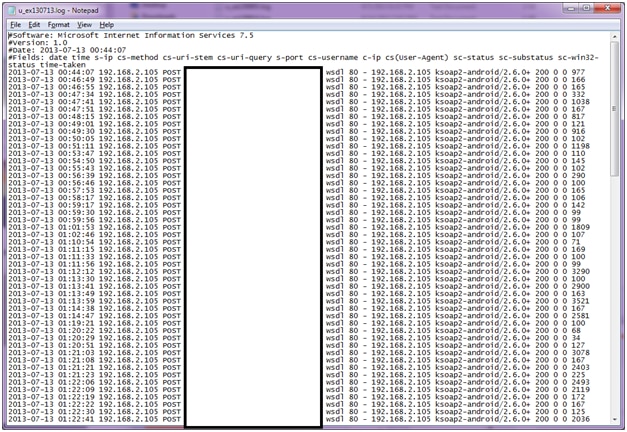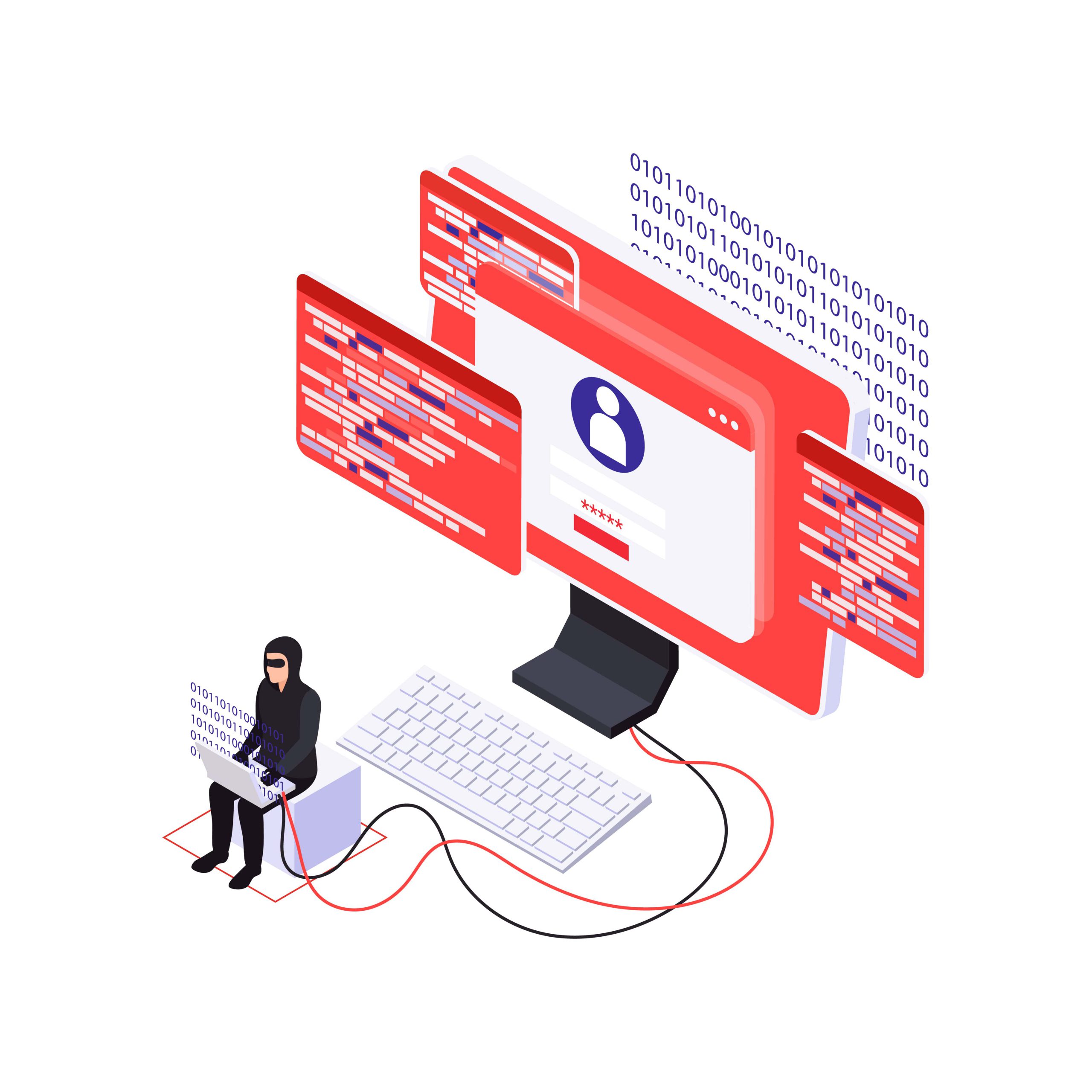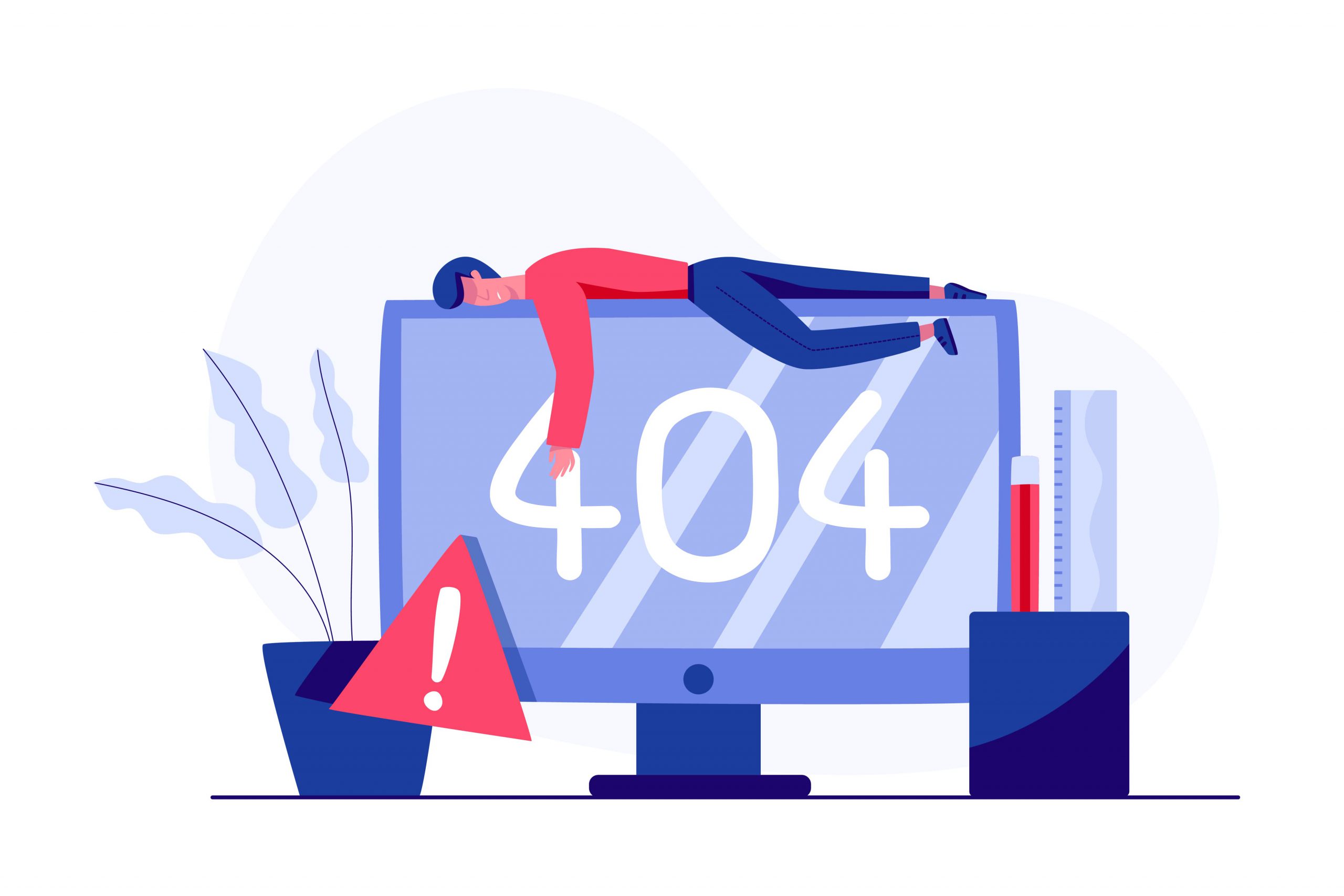Every year, millions of websites are affected by DDoS attacks, which are becoming increasingly common.
Suffering DDoS attacks may appear to be an unavoidable consequence of being online; the more successful your site, the more likely it appears that you will be the target of an attack at some point in time. However, you can reduce the likelihood of a DDoS attack affecting your website.
You may be wondering, “What is a DDoS attack?” And how can I protect my website from them?
In this post, we’ll explain what DDoS attacks are, what makes your site vulnerable, and how you can reduce their likelihood and impact.
What Is a DDoS Attack?
DDoS stands for distributed denial of service, but it is commonly referred to as a simple denial of service. A DDoS attack involves flooding a website with requests over a short period of time, with the goal of overwhelming the site and causing it to crash. The ‘distributed’ element indicates that these attacks are coming from multiple locations at the same time, as opposed to a DoS, which comes from a single location.
If your site is targeted by a DDoS attack, you will receive thousands of requests from multiple sources over the course of minutes, if not hours. These requests are not the result of a sudden increase in traffic to a website; rather, they are automated and will come from a limited number of sources, depending on the scope of the attack.
The screenshot below shows a sudden spike in requests received by a site during a DDoS attack.

A DDoS attack is not the same as hacking, though the two are related; the perpetrators do not attempt to access your website’s files or admin, but rather cause it to crash or become vulnerable due to the volume of requests. In some cases, this will be followed by attempts to hack the site if it is vulnerable, but in most cases, the goal is simply to stop the site from functioning.
It may appear that there is no way to avoid a DDoS attack; after all, if someone decides to flood your website with requests, there is little you can do to stop them.
Although you can’t do much to prevent someone from attempting to damage your site with a DDoS attack, there are steps you can take to ensure that if you are attacked, your site will continue to function and is not vulnerable to hacking.
We’ll go over those steps later in this post, but first, consider why someone would want to launch a DDoS attack on your website.
Why Would Someone DDoS your site?
So, why would anyone launch a DDoS attack on your website? What might they gain from it?
There are numerous reasons why an attacker may want to disable your site with a DDoS attack. These include competitor attacks as well as attacks motivated by your content.

1. Competitors
In an ideal world, your competitors would try to outperform you online by improving their content, SEO, and conversion rates, which is the proper way to use your website to gain a competitive advantage.
However, in some cases, competitors may take more drastic measures. A competitor may hire someone to launch a DDoS attack on your site, knowing that it will have an impact on both your website and your business.
They will take your business while you are working on getting your site back up and running, especially if they are running ads with your company name as a keyword. If your site is not back up and running quickly, you will lose search ranking and may discover that your competitors now rank higher on Google.
Of course, it is extremely difficult to determine who carried out a DDoS attack. The attack will not originate from your competitor’s IP address! Unless you have a lot of money, attempting to sue a competitor you suspect of doing this is unlikely to succeed.
It is far better to protect yourself from the consequences of an attack in the first place. Don’t be tempted to launch another DDoS attack on your competitor in response. This is illegal, and it’s far better to know that a competitor desperate enough to use such tactics is unlikely to have the longevity or reputation that your company does.
2. DDoS Attacks against Your Content
Some websites are vulnerable to DDoS attacks due to the nature of their content.
For example, a whistleblower website could be targeted. A website that addresses a contentious issue (such as abortion access or anti-racism) may face attacks from people who disagree with its message and want to shut it down. Alternatively, your content may be commercial but sensitive, and some people do not want it made available online.
If your site is successfully attacked, your content will be removed from circulation, potentially causing problems for your users who require access to information or guidance.
You’ll also be spending time resolving the problem, losing any revenue you might be making from the site (either in sales or donations if you’re a nonprofit), and your rankings may suffer if your site returns a 502 error for hours or days.
3. Your Site Involved in One Organization
Politically motivated DDoS attacks are on the rise, as cyber threats are increasingly used to disrupt the political process.
If your website promotes a political party, candidate, or organization, or advances a specific political cause, it may be targeted by those who disagree with your politics.
This will not necessarily come from your political opponents. It is more likely to come from outside sources who want to disrupt political debate, block specific types of content, and create chaos to confuse and disenfranchise people.
The attack could be an attempt to prevent people from accessing your content (as described above), or it could be a more personal attack on the individual candidate or organization behind the website.
This is not the same as a site becoming overloaded as a result of increased traffic during the news cycle. I once worked on a political party’s website, which became overwhelmed when the party’s manifesto was released for the general election. That was the first UK election in which e-campaigning was significant, and we simply weren’t prepared for the amount of traffic.
Instead, a DDoS attack will be much sharper and more abrupt, with a sudden spike in requests lasting only a few minutes. This will look very different from a natural traffic spike, which, while sudden, will typically take the form of a curve rather than a cliff.
If you are running a campaign (which may have made you more vulnerable due to increased publicity), it is especially important to keep your site operational and not waste time dealing with the attack when you could be focusing on campaigning activities. That is why it is critical to follow the steps outlined below to protect your website from a politically motivated DDoS attack.
DDOS Effects
A DDoS attack can have a variety of effects, depending on the nature of the attack and your level of preparedness.
1. Website DOWN!
The most immediate and obvious consequence is that your website becomes overwhelmed and unavailable.
This means that any business you generate through your website will be unavailable until you restore the site’s functionality. It also affects your reputation as a website owner. And if you don’t fix the site right away, it can harm your SEO because if Google crawls your site and discovers it is down, you will lose rank.

If your site becomes unavailable due to overload, it will return a 502 bad gateway error, which will have a negative impact on your search rankings if left unchecked for an extended period of time.
I’ve also seen attacks where the site was unavailable for several days (because the owner didn’t know how to fix it and hadn’t kept a backup; more on that later), and when the site was restored, all of the internal links in that site’s Google listing were lost.
2. Web Hosting Issues
If your site is regularly attacked and you do not take preventative measures, it may cause problems with your hosting provider.
A good hosting provider will provide you with tools to protect your site from DDoS attacks; however, if you don’t have these tools and are using shared hosting, the attacks may affect other sites on the same server.
3. Website Vulnerability
A DDoS attack could make your site more vulnerable to hacking because all of your systems are focused on getting the site back online, and the attack may have disabled security systems.
After the DDoS attack has successfully paralyzed your site, hackers may find it easier to gain access through a back door.
Follow-up attacks like this will not always come from the same source as the requests that formed the DDoS attack: a clever hacker will know how to hide their tracks, use multiple IP addresses to attack your site, and conceal their true location.
So, if you are a victim of a DDoS attack, one of your first priorities should be to secure your ASP.NET site. This is perhaps more important than restoring your public-facing site, as another attack will only take you back to square one (or worse).
4. Waste Money and Time
Repairing a DDoS-attacked website takes time. It can also accept money.
If you don’t know what happened to your site and haven’t prepared for the possibility of an attack, you may have to rebuild it from scratch. If you did not make a backup of your website, how will you restore it? And if you don’t act quickly, the attack could have long-term consequences for your website’s SEO and business performance.
While the site is down, you may be losing revenue, particularly if it is an ecommerce store. You may also have to pay to hire a security expert or web enveloper to rebuild your site and ensure it is secure from future attacks.
All of this emphasizes the importance of protecting your website from DDoS attacks. I had one client who experienced frequent attempted attacks due to the nature of their business; however, because we implemented security measures, these never had an impact on the site. If you are prepared, a DDoS attack should have no effect on your website.
Few Factors Why DDOS Happened
Certain websites are more vulnerable to DDoS attacks than others. These will either make you more vulnerable to the attack itself or its aftermath.

1. Cheap Hosting
Cheap hosting is the primary cause of vulnerability to DDoS attacks, as it is with all types of cyberattacks.
Cheap hosting has two major drawbacks: a lack of support and a large number of clients.
To be able to offer such low-cost hosting, the hosting provider will have a large number of clients all sharing the same server, which means that if one of the other sites on that server is attacked, it may affect you.
Cheap hosting providers will not provide security precautions against DDoS attacks, will not notify you when an attack occurs, and will not assist you in repairing your site if it stops working. They will not take regular backups of your site, and even if they do, they are unlikely to assist you in restoring it; you will have to figure out how to do so on your own.
This is not because cheap hosting providers are attempting to deceive you or do not provide the services they promise: it is simply because in order to keep their hosting costs low, they must cut corners on support. Otherwise, they would not make a profit.
If your website supports a business or any venture in which your reputation and website security are critical, investing in high-quality hosting is worthwhile. The additional cost will be worthwhile if it saves you from having to spend time fixing your site if it is attacked, and it will certainly be worthwhile if it means your site remains operational during an attempted DDoS attack without being compromised.
2. No Preparation
Failing to prepare for the possibility of a DDoS attack will not necessarily prevent one from occurring, but it will reduce the amount of damage you suffer if one occurs.
To begin, taking security precautions against potential attacks will increase your site’s chances of remaining online despite an attempted attack.
However, understanding how to stop a DDoS attack in its tracks will also be useful. If your site is attacked and goes down, if you have prepared, you will be able to get it back up and running much faster than if you did not prepare.
Installing security software or using your hosting provider’s security alerts ensures that you are notified if your site is attacked, allowing you or your hosting provider to take action to protect your site.
Taking regular backups of your site ensures that you can quickly restore it if there are problems.
And keeping your site up to date makes it more secure and less likely to cause problems if you need to rebuild it.
How to Protect Your Site from DDoS Attacks
So, here’s the answer to your burning question: how do you protect your website from DDoS attacks?
There are several precautions you can take, and which one you choose will depend on your setup, budget, and personal preferences.
Let’s look at the options.
1. Your Hosting Protection
ASPHostPortal hosting includes a number of features that reduce the likelihood of you being subject to DDoS attacks.
All of ASPHostPortal’s sites are protected by our Cloudflare integration, which includes a secure firewall and built-in DDoS protection. We also use strict software-based restrictions to further secure your website. All of this makes it significantly more difficult for a DDoS attack to penetrate.
Here’s the hard truth: no matter how good your hosting provider is, they can’t provide complete protection against DDoS attacks. A good hosting provider will provide a good firewall, which will reduce the likelihood of an attack but not eliminate it completely. They will also have tools that you or they can use to halt the DDoS attack once it begins, such as IP blocking.
This is why any hosting provider that claims to provide complete protection against DDoS attacks is not being entirely truthful. They can reduce the likelihood and severity of an attack, but they cannot completely prevent DDoS attacks.
To better protect yourself from DDoS attacks, you should use a large network that can anticipate attacks and block IP addresses from which they are likely to originate. Let’s take a look at some of these services.
2. Cloudflare
Cloudflare is a popular content delivery network provider that also protects against attacks and hacks. Because of its large size, it has access to information about where DDoS attacks are coming from and can then block those IP addresses for all sites on its network.

Cloudflare’s cloud-based network is always on and learning, allowing it to detect potential attacks and prevent unwanted traffic from reaching your site around the clock. It also includes a dashboard for monitoring and mitigating DDoS attacks, which allows you to identify potential vulnerabilities.
Conclusion
DDoS attacks are becoming more common, with the potential to cause billions of dollars of damage.
It is impossible to completely protect yourself from DDoS attacks because you have little control over the traffic that comes to your website. However, if you use one of the services listed above, avoid cheap hosting, and prepare for a DDoS attack, you will be much less vulnerable.
Selecting a trustworthy ASP.NET hosting provider is essential to your success online. It’s never too late to look into alternative ASP.NET hosting companies if you’re not happy with current host.
Our fully featured hosting already includes
- Easy setup
- 24/7/365 technical support
- Top level speed and security
- Super cache server performance to increase your website speed
- Top 9 data centers across the world that you can choose.

Javier is Content Specialist and also .NET developer. He writes helpful guides and articles, assist with other marketing and .NET community work



